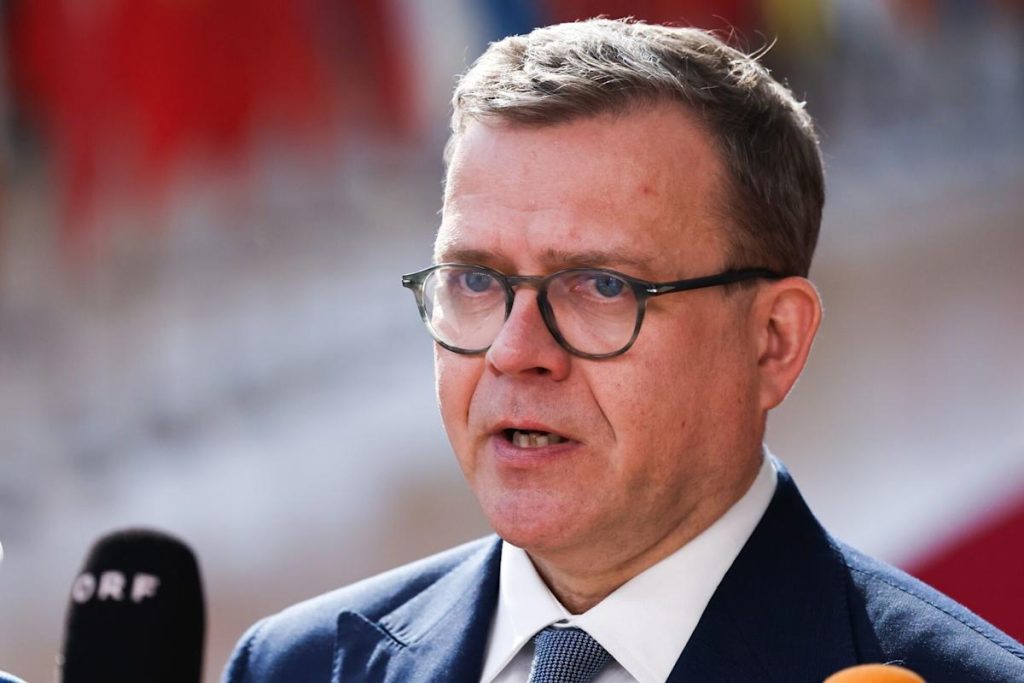EU Leaders Face Challenges in Securing €5 Billion for Ukraine
(Bloomberg) — European Union leaders’ attempts to allocate €5 billion ($5.4 billion) to acquire ammunition for Ukraine this year are being hindered by France and Italy, highlighting the difficulties the bloc encounters in compensating for US assistance to Kyiv, according to European diplomats.
During a meeting of the 27 member states in Brussels on Thursday, while most nations expressed support for crucial military funding, France and Italy were hesitant to commit to specific financial amounts, as mentioned by diplomats who requested anonymity to discuss the confidential talks.
Ukrainian President Volodymyr Zelenskiy addressed the summit virtually, urgently requesting the funds for ammunition, referencing a severe overnight drone assault on Ukraine amidst the ongoing war. “Support for Ukraine must not diminish; it must continue to grow,” he emphasized, particularly regarding air defense and military aid.
With US President Donald Trump advocating for a ceasefire, President Vladimir Putin has expressed a desire to cease arms deliveries to Ukraine as part of any broader agreement, creating additional hurdles for the EU’s intent to strengthen support for Kyiv.
The discussions in Brussels indicated that raising €5 billion for purchasing 2 million artillery rounds would be a significant challenge. Kaja Kallas, the EU’s chief foreign policy representative, still hopes that leaders will agree to at least part of the funding plan. “If we can’t finalize a yearly budget, let’s at least aim for a short-term solution,” Kallas remarked, labeling the contribution as “realistic.”
The divides among member states underscore the risk of the bloc being unable to adequately support Ukraine against Russian forces, even as it continues to pledge assistance. Kallas proposed that EU members should provide up to €40 billion in military aid this year, following €20 billion sent to Kyiv in 2024. While contributions would be voluntary, members would be encouraged to contribute based on their economies. However, discussions have shifted focus to the ammunition aspect due to reluctance from several countries, particularly France and Italy, who are seeking further details before making financial commitments.
EU leaders have expressed concerns over Trump’s diplomatic approach towards Moscow, fearful that it may undermine Ukraine’s military efforts and lead to concessions to Russia. While Hungary, led by Prime Minister Viktor Orban, continues to resist aiding Ukraine, efforts for a consensus among all 27 nations were set aside, allowing the remaining states to proceed without Budapest.



